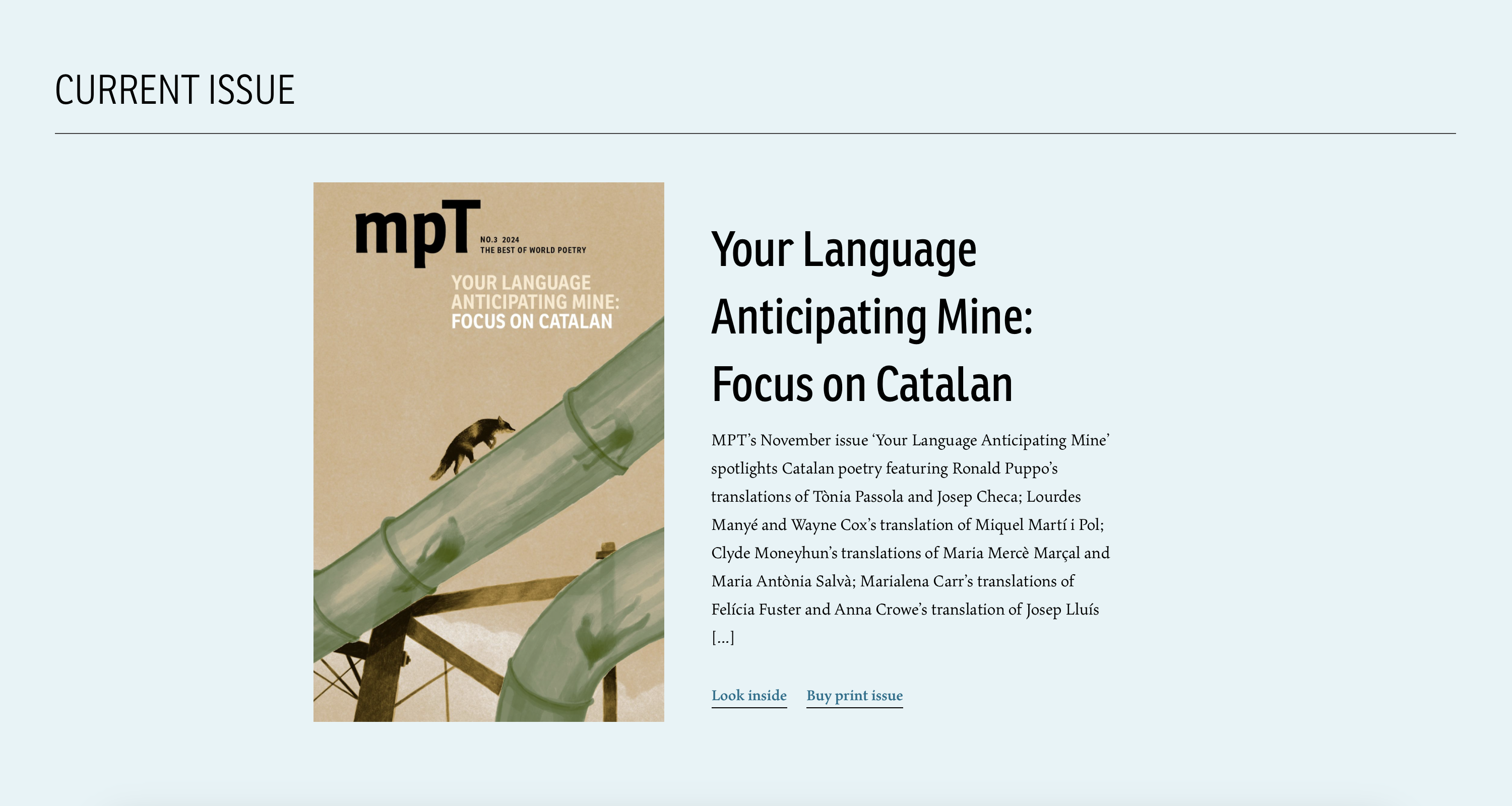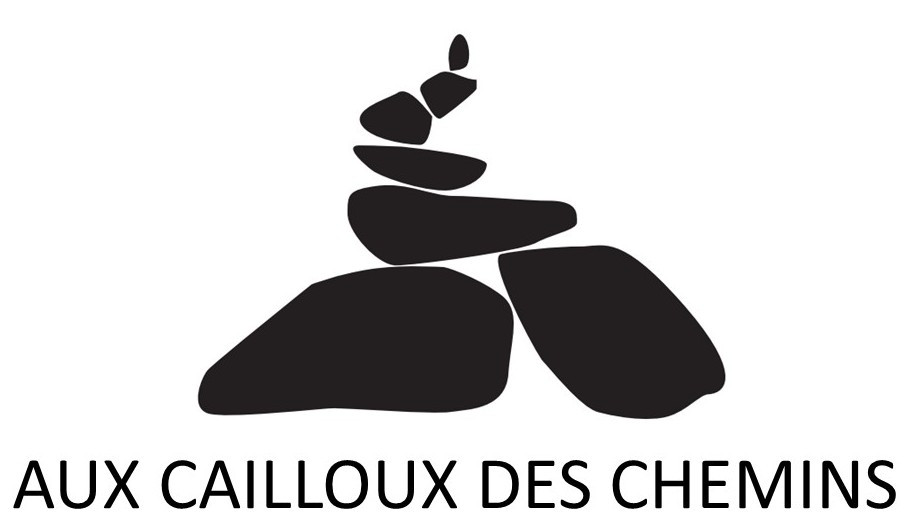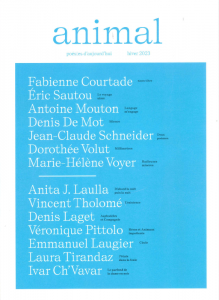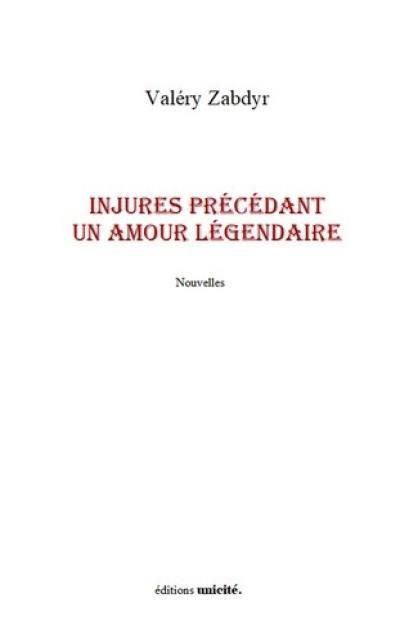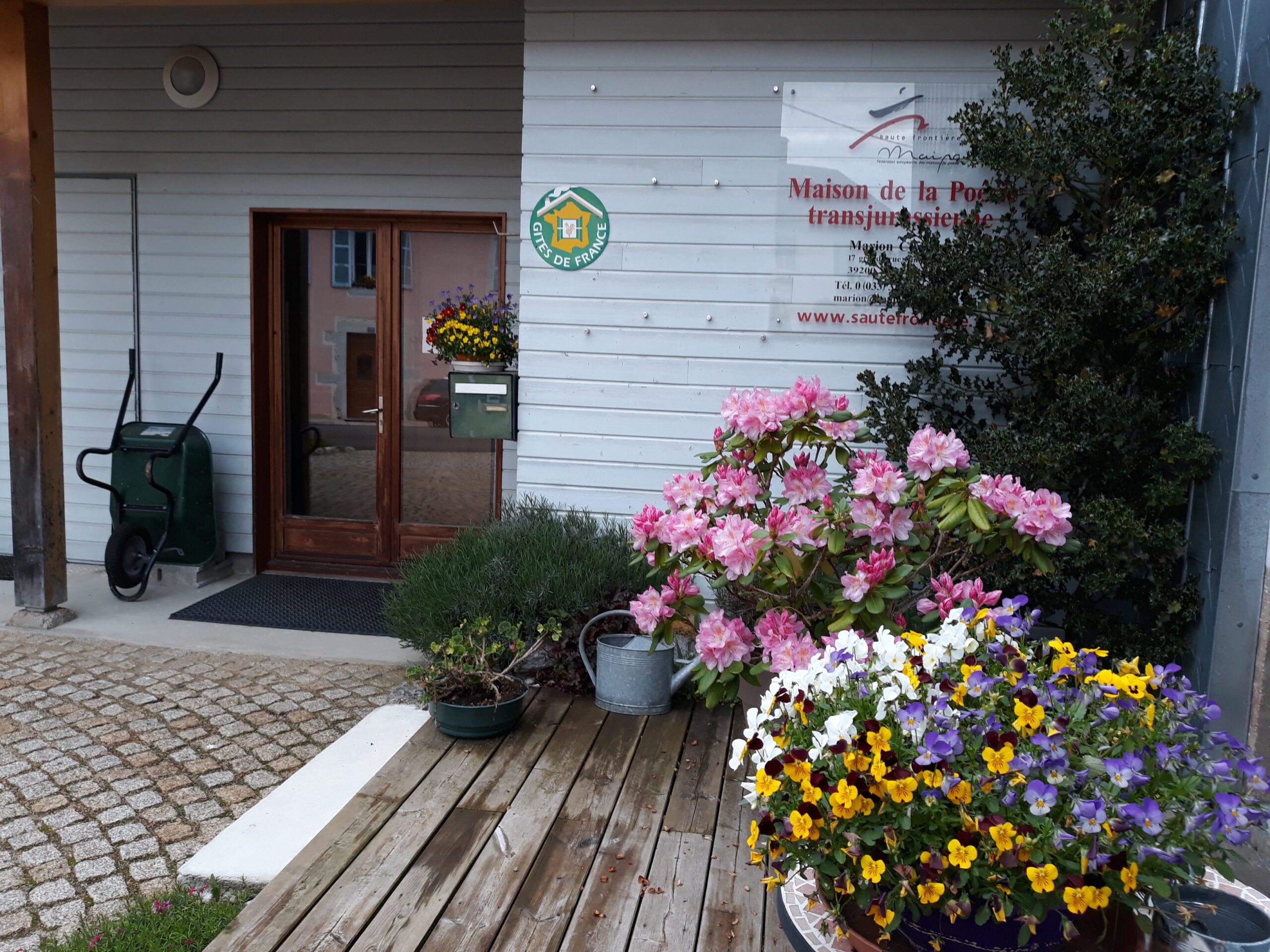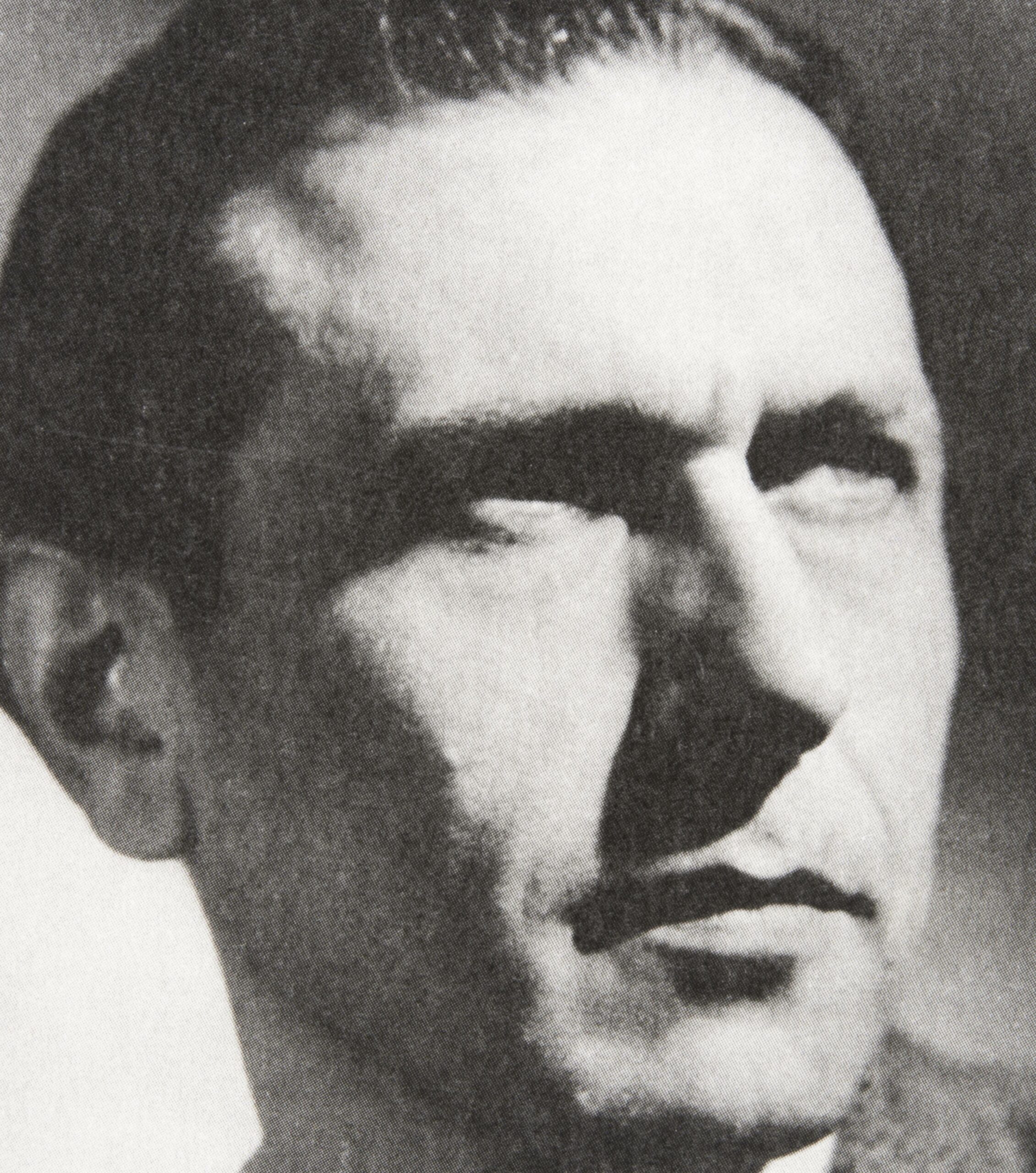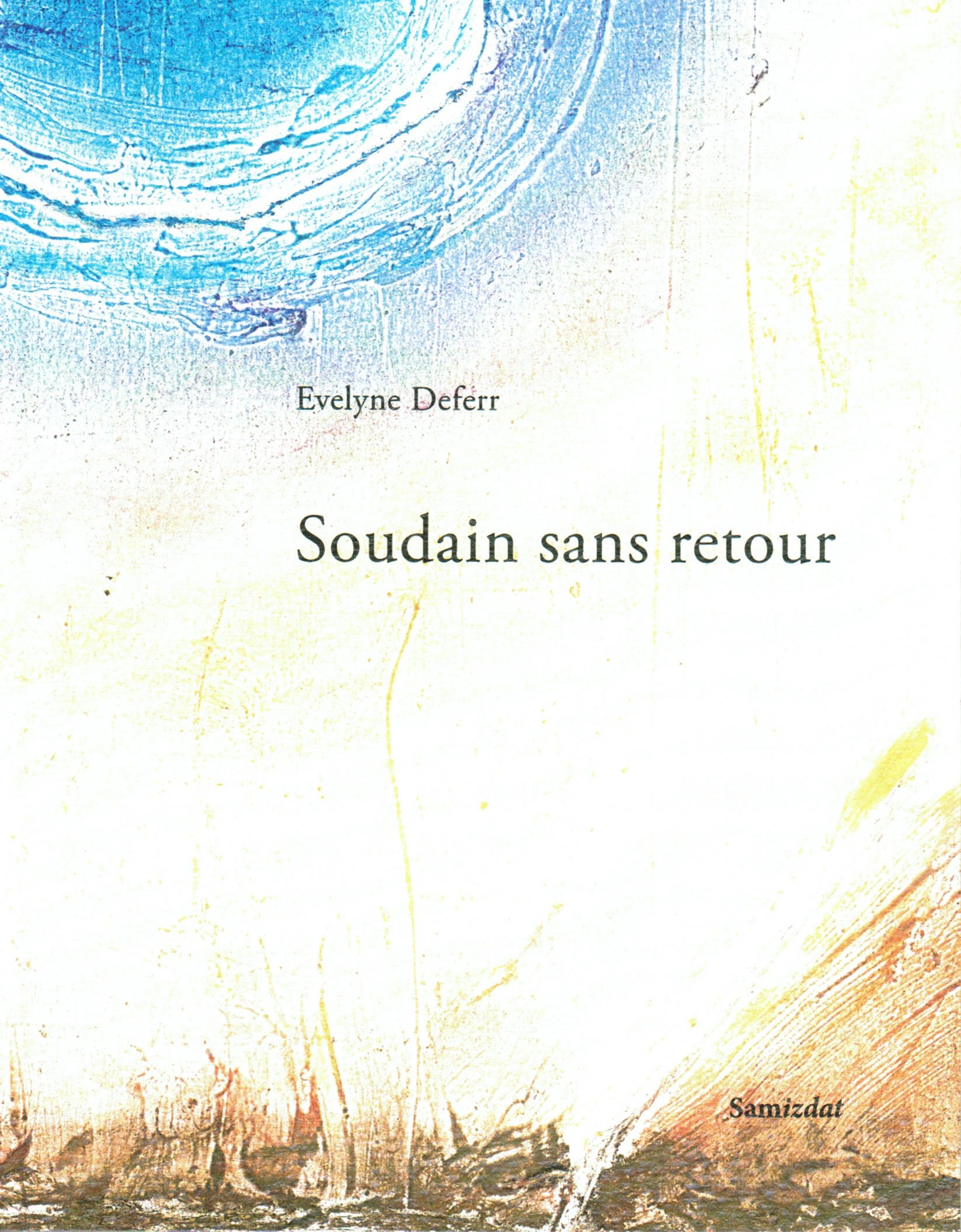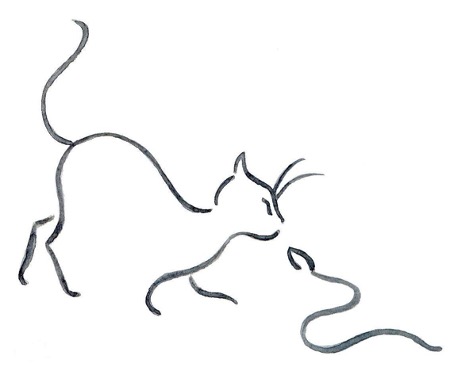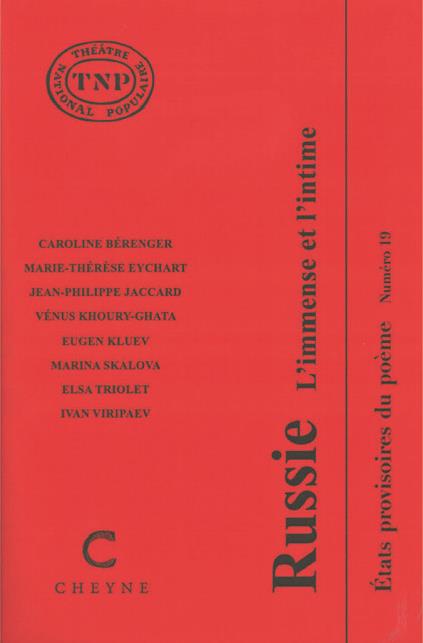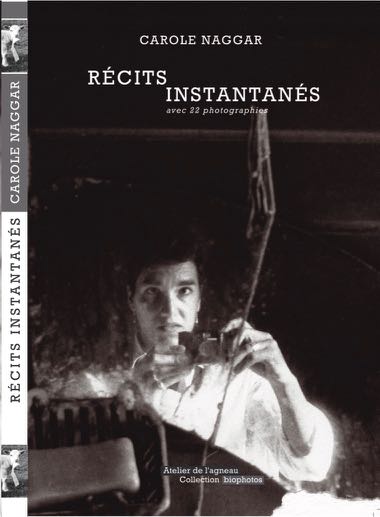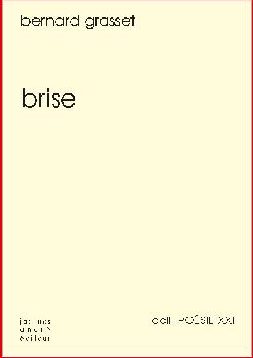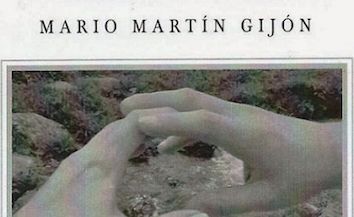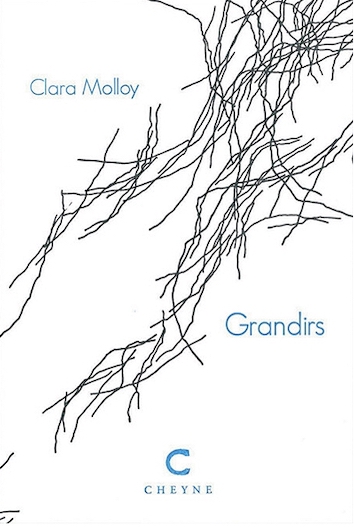traduction Elizabeth Brunazzi
La Chanson du réfugié
Envers la Péninsule Bleue
L’heure de moisson des ténèbres
Réjouissez-vous, ô langues rachetées
Leurs portails sont démolis
Mais non leur appel s’éteint
Les lions rampent dans la brume au-dessus de la Mer Noire
Leurs bouches sont noires ils avalent notre souffle
Ils parlent de sang ils parlent de mort
La langue des Balkans a été rachetée
La langue des Balkans est devenue noire
Les Gardiens de la Gråce mettent le feu aux bûchers funéraires
Les murs aux langues de feu se sont dressés
Nous sommes parqués à la Jungle de Calais
Pour vivre parmi les monceaux d’ordures et de crânes
Les scarabées courent ici et là
La Péninsule Bleue est devenue noire
On entend pourtant toujours son appel
L’appel de la Péninsule Bleue
La démolition du mur
Nous rêvons encore des pétales flottantes qui en descendent
Song of the Refugee
Toward the Blue Peninsula
Harvesting the darkness
Rejoice, ye ransomed tongues
Their portals are thrown down
But no the call is blunted
Lions roam the mist above the Black Sea
Their mouths are black they inhale our breath
They speak of blood they speak of death
The tongue of the Balkans has been ransomed
The tongue of the Balkans has turned black
The Gatekeepers of Mercy are striking pyres
Walls have risen with tongues of fire
We are shunted to the Jungle of Calais
To live in heaps of garbage and skulls
Beetles scuttle here and there
The Blue Peninsula has turned black
But we still hear the call
The call of the Blue Peninsula
The tearing down of the wall
We still dream of petals floating down
January 17, 2017
*
Quand
Quand tombe la nuit
Quand s’ouvrent les bouches
Figées au paroxysme d’un cri
Quand regardent fixement les yeux creux
Quand les enfants de pierre ossements destinés au fourgon
Sans ordre particulier tombent lourdement à terre
Quand des blocs d’ossements aux angles inconnus
Déchargés dans une fosse les membres déchiquetés
Quand les bras (ou ce qui fut des bras)
Quand les jambes (ou ce qui fut des jambes)
Et les côtes et les hanches et les chevilles
Une montagne écorchée jusqu’aux étoiles muettes
Quand les cheveux sont arrangés soigneusement en sacs
Quand les râteliers les dents placés en rangs
Quand les poupées et les trains miniatures et les alliances
Sont placés en rangs pour le prochain
Et le prochain pour nul ne sait
C’est quand nous
C’est quand
C’est
Ce
yisgadal veyiskadah shmey raba…
When
When night falls
When mouths open
In taut pitch frozen
When eyes stare hollow
When children of stone bone for the boxcar
In no special order slump to the floor
When slabs of bone in angles unknown
Dumped into a pit limbs akimbo
When arms (or what once were arms)
And legs (or what once were legs)
And ribs and hips and ankles
A raw mountain to the mute stars
When hair is carefully arranged in sacks
When dentures teeth placed in rows
When dolls and small trains and toy soldiers
And spectacles and bracelets and rings
Are placed in rows for the next
And the next for no one knows
This is when we
this is when
this is
this
yisgadal veyiskadah shmey raba…
February 11, 2015
*
Où s’asseoir
Je suis assis sur un bloc de glace
à gauche et à droite les années
tourbillon de confettis
Je touche quelques livres qui s’éloignent
flottant de plus en plus minces
Armadas miniatures se dissolvant
Je suis assis dans une caverne
Les ombres prennent vie;
Elle est derrière moi, chuchotant
Est-ce que je me retourne?
Je suis assis dans ma propre conscience
Jusqu’à ce que je disparaisse
Je suis assis sur une colonne de bois
Marquant d’un signe le bateau pour retrouver l’épée engloutie
Revenant encore une fois à la glace
Le courant bouillonnant au-dessous
Where to sit
I sit on a block of ice
left and right the years
whirling confetti
I touch a few books floating
thinner as they go
Tiny armadas dissolving
I sit inside a cave
Shadows quickening;
She is behind me, whispering,
Do I turn?
I sit in my own mind
Until I disappear
I sit on a wooden pillar
Marking the boat to find the sunken sword
Return again to the ice
Roiling current beneath
*
L’Île des morts
le petit bateau avec sa charge silencieuse
le port ceinturé de rochers se dresse au loin
les eaux clapotent sans bruit
un seul passager endeuillé, peut-être, ou un prêtre
partage l’esquif avec le passeur
et le cercueil
il glisse vers la brume grise
les eaux se referment tranquillement
ne laissant aucune trace de
son arrivée ni de son départ
Isle of the Dead
the little boat with its silent cargo
the rock-girt harbor looms in the distance
waters lapping noiselessly
a solitary mourner, perhaps, or priest
shares the skiff with the ferryman
and the coffin
It glides by to the grey mist
the waters close quietly
leaving no trace of its
coming or going
January 20, 2016
*
yugen, un mot japonais
regarder le soleil se coucher
derrière une colline en robe de fleurs
errer de plus en plus loin dans une sombre forêt
sans pensée de retour
s’arrêter sur une rive et du regard suivre un bateau
disparaissant au-delà d’ îles lointaines
contempler le vol d’oies sauvages
aperçues puis perdues parmi les nuages
yugen a Japanese word
to watch the sun sink
behind a flower-clad hill
wander on and on in a dark forest
without thought of return
stand upon the shore and gaze after a boat
disappearing beyond distant islands
contemplate the flight of wild geese
seen and lost among the clouds
January 21, 2016
French Translation, by Elizabeth Brunazzi
avec l’aide de Marilyne Bertoncini


